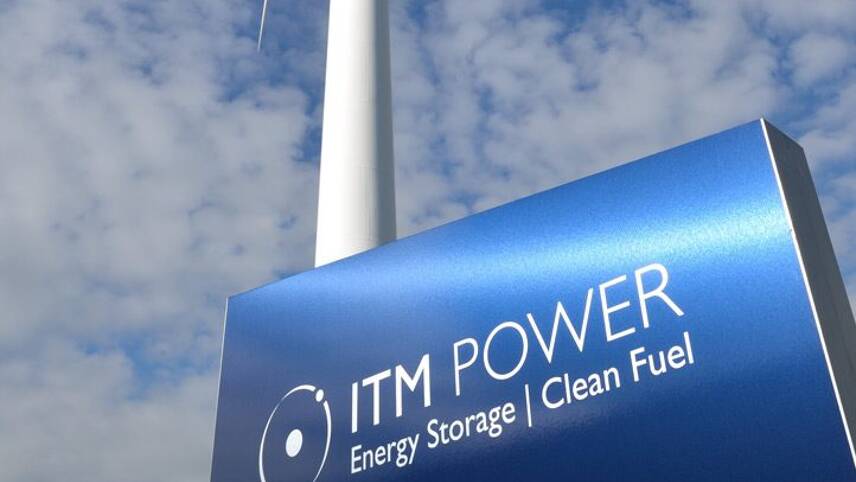Register for free and continue reading
Join our growing army of changemakers and get unlimited access to our premium content

Hosted across the Worthing and Shoreham-by-Sea areas
The SmartHubs Smart Local Energy Systems (SLES) project in West Sussex led by Connected Energy, was first announced last year after it received £13m of funding through the UK Government’s Industrial Strategy Challenge Fund.
The £31m project will act as a demonstrator to facilitate the decarbonisation of heat, transport and energy across social housing, transport, infrastructure and private residential and commercial properties in West Sussex.
This week, the project partners, which include ITM Power, Moixa Technology, ICAX, PassivSystems, Newcastle University, West Sussex County Council and Connected Energy, confirmed that the data aspects of the project are all rolling out as planned. Despite the disruption of the coronavirus pandemic and subsequent lockdown, the partners confirmed that systems design and data modelling for the VPP SLES has not been postponed.
“SmartHubs is a massive project for a massive challenge, working with a local authority committed to both the Climate Change Agenda and supporting SME scale up,” said Matthew Lumsden, Connected Energy CEO and Chair of the SmartHubs Steering Committee.
“Bringing together innovative technologies and integrating them on this scale is an exciting proposition and one we are keen to see replicated up and down the country to help manage the climate emergency we’re facing. Working on a project like this during a global pandemic is a challenge but it’s more important than ever that we can create a replicable model for the rest of the UK to follow.”
Hosted across the Worthing and Shoreham-by-Sea areas, the VPP system will incorporate solar panels, batteries and electric vehicle (EV) infrastructure to deliver low-carbon power and improved energy security for local council housing, private residential properties, transport infrastructure and commercial properties.
It will form the first phase of a smart local energy system (SLES) across the county, with a 2MW marine source heat pump and combined heat and power system; a grid-scale 20MW battery made using second-life EV batteries; air source heat pumps supporting domestic boilers and a hybrid and hydrogen vehicle refuelling station also set to be added. The latter facility will be fitted with a 2MW solar carport and a storage system incorporating a 1MW hydrogen electrolyser.
Initial predictions for the project claim that it will mitigate around 2,000 tonnes of CO2 emissions every year once fully completed, reducing the average participant’s energy bill by 10% in the process. If the model were to be replicated at scale across the UK, it is believed that £32bn could be saved through reduced energy costs and infrastructure spending by 2035.
VPP VIP
VPP’s are rising in prominence across the UK. A two-year project in which combined solar and battery storage arrays across Yorkshire homes were used as a VPP has proven a success, both in terms of grid decarbonisation and lowering energy bills.
Northern Powergrid published the results of the project, with a headline finding that batteries enabled at least 25% more renewable energy to be utilised at peak times.
Elsewhere, a Devonshire catering company became the first business in the UK to trade into a virtual balancing mechanism in response to a demand request from the National Grid Electricity System Operator (ESO). Philip Dennis Foodservice in Devon became the first in what is expected to be a plethora of businesses that will trade into the National Grid’s balancing mechanism for grid power stability via a VPP.
Virtual power plants are now able to respond to balancing mechanism units following an amendment to the Balancing and Settlement Code (BSC) in 2019. The amendment was made to tap into the UK’s expanding smart grid technology deployment.
As the operating firm for National Grid, National Grid ESO has claimed that the emergence and integration of new technologies mean that a zero-carbon electricity grid by 2025 would be feasible.
Matt Mace


Please login or Register to leave a comment.